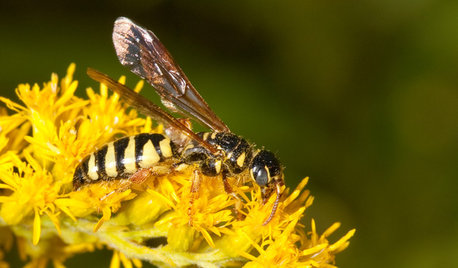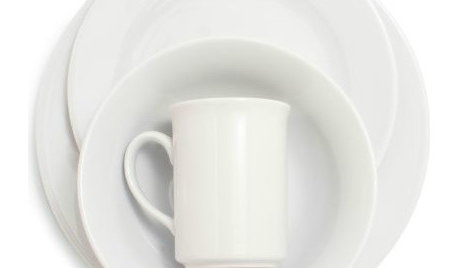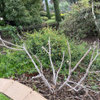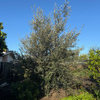Is this a white grub? What do I do? (pic)
guavalane
13 years ago
Related Stories

GARDENING GUIDESAttract Thynnid Wasps With Summer-Flowering Native Plants
These beneficial insects will hunt damaging beetle grubs in your lawn
Full Story
MOST POPULARMust-Try Color Combo: White With Warm Off-White
Avoid going too traditional and too clean by introducing an off-white palette that brings a touch of warmth and elegance
Full Story
HOUZZ TOURSMy Houzz: Color Hits the Spot in a White-on-White Scheme
Bright red furniture strikes a dramatic pose against snowy walls and floors in a Montreal loft
Full Story
FUN HOUZZEverything I Need to Know About Decorating I Learned from Downton Abbey
Mind your manors with these 10 decorating tips from the PBS series, returning on January 5
Full Story
REMODELING GUIDESAre You Gutsy Enough to Paint Your Floor White?
Sleek and glossy or softened by wear, white floors charm
Full Story
WHITEHow to Pick the Right White Paint
White is white, right? Not quite. See 8 white paint picks for 8 very different effects
Full Story
PRODUCT PICKSGuest Picks: Give Your Kitchen a Quick Facelift With White
Keep the sledgehammer in storage — update your kitchen's look with white and clear dinnerware and accessories instead
Full Story
KITCHEN DESIGNCooking With Color: When to Use White in the Kitchen
Make sure your snowy walls, cabinets and counters don't feel cold while you're riding white's popularity peak
Full Story
BATHROOM DESIGNWhite Bathrooms: Fair Game for Every Design Style
Whether traditional marble rocks your world or romantic skirted vanity seats set your heart aflutter, there's a white bathroom for you
Full StoryMore Discussions









jean001
dicot
Related Professionals
Mountain Brook Landscape Architects & Landscape Designers · Harvey Landscape Architects & Landscape Designers · Americus Landscape Contractors · Fort Myers Landscape Contractors · Fort Wayne Landscape Contractors · Lyndhurst Landscape Contractors · Melrose Landscape Contractors · Ronkonkoma Landscape Contractors · Tustin Landscape Contractors · Hawaiian Gardens Landscape Contractors · Apple Valley Swimming Pool Builders · Aventura Window Contractors · DeLand Window Contractors · Lake Arrowhead Window Contractors · Hialeah Gardens Window Contractorsborderbarb
jean001
hosenemesis
gargwarb
guavalaneOriginal Author
hosenemesis
Kaveh Maguire Garden Design
jean001
guavalaneOriginal Author
elc11
billiame